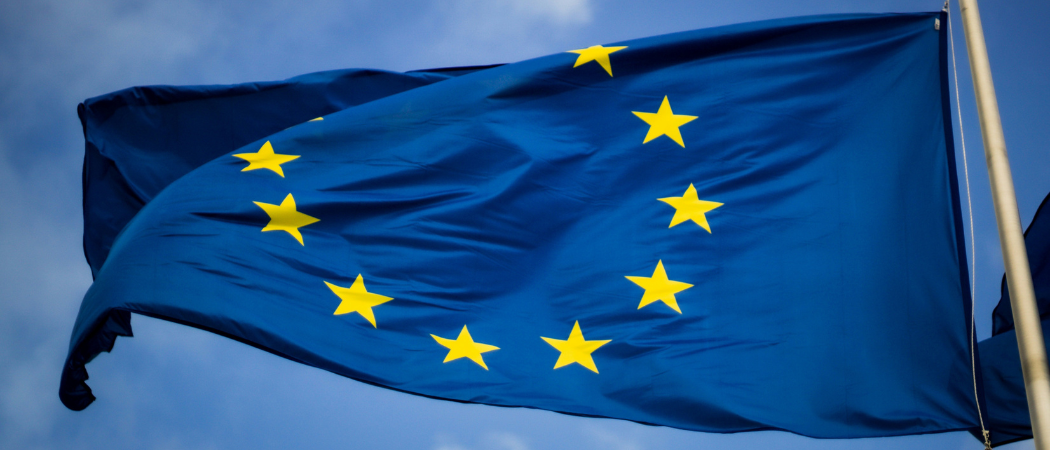The Partnership Knowledge Hub advises against radical changes to the collaborative research initiative

Photo credits: Christian Lue / Unsplash
Europe’s research and innovation partnerships can be improved, but are not in need of a drastic overhaul, according to an advisory group charged with examining the initiative. This contrasts with the mood in the European Commission, which favours reform and a significant reduction in the number of partnerships.
According to the Partnership Knowledge Hub (PKH), which contains representatives from the Commission, member states and associated countries, with partnership representatives as observers, there is “no evidence of a need to fully revise the partnership instruments.” Instead, improvements are needed to make them more impactful and easier to navigate.
“We cannot continue everything as we do today, however we should not throw the baby out with the bathwater,” said PKH co-chair Alexander Grablowitz.
A PKH opinion on FP10 published this month recommends that the next EU Framework Programme should continue the movement towards fewer and more policy-driven partnerships, which began under Horizon Europe. At the same time, it points to strong interest in the instrument, with member state and associated country contributions reaching €15 billion in the current programme, compared to €5.5 billion for partnerships under Horizon 2020.
However, it says there is a need to reduce the administrative burden of participation, to develop a clearer rationale for tackling challenges through partnerships and not other instruments, and to stimulate more joint activities between partnerships.
Cut back
The number of partnerships was slashed from 120 to 50 in the current programme, but as new priorities have emerged it has proven difficult to phase out existing partnerships, sometimes resulting in overlaps. The Commission now wants to further reduce their number in a bid to simplify the research and innovation funding landscape.
Speaking at an event organised by the Danish permanent representation last week, Marc Lemaître, head of the EU’s research directorate, said Europe needed to “muster the courage” to make choices about which partnerships and instruments provide European added value.
“Having clearer priorities in the future should mean having somewhat fewer and more broadly defined partnerships than we have today,” Lemaître said.
This is part of a wider push to simplify research funding in Europe. “We need more speed and simplicity for the programme; we are very serious about this,” Lemaître added.
The PKH opinion recommends giving member states and associated countries a greater say in selecting and implementing partnerships alongside the Commission, to better align EU and national strategies. Member states have themselves called for a greater role in shaping FP10.
Although the Council has to sign off on the partnerships, “the reality is, once the Commission tables a proposal, it’s very difficult to make substantive changes,” Grablowitz told Science|Business. Since the Commission only provides half of the funding, with the rest from industry and member states, the latter should have more input in advance of the proposal, he said.
Simplification
The Commission is also considering simplifying the status of the partnerships, which come in three formats: co-programmed, co-funded, and institutionalised.
However, the PKH is in favour of maintaining these three formats, primarily because applicants are now familiar with them. Upending them again would only create more uncertainty, Grablowitz said. “The more we can use the existing instruments, the better it is for the community.”
Another idea on the table is to extend the tripartite model piloted by the EuroHPC and Chips joint undertakings. Whereas most partnerships involve the Commission and either national governments or industry, these joint undertakings bring together all three.
Lemaître suggested a tripartite model could be implemented “as a basic approach” in the future, and Grablowitz said he would also like to see more of these partnerships. Member states could see this as an opportunity to better align EU and national research and innovation policies.
Industry also argues that simplification is needed to make the partnerships more appealing to companies, and the PKH does call for changes to enable research-performing organisations to participate more easily, including more flexible recognition of in-kind contributions such as the use of laboratories or researchers’ time.
In addition, information about the scope of each partnership, their calls, governance, and contacts, should be available on a single dedicated website.
According to the PKH, more efforts are also needed to ensure the partnerships contribute to policy objectives, such as cementing research and innovation as the fifth freedom of the single market, including through knowledge dissemination and transfer activities after projects are finished.
Similarly, the expert group says that partnerships should “focus more clearly on the knowledge-valorisation side of research and innovation policy,” including technology transfer, standardisation, and skills development, thus differentiating them from regular research projects.
Horizon Europe was the first time partnerships were asked to do more than simply running joint research and innovation calls, but “that’s somewhere we really need clear improvements in the next Framework Programme,” Grablowitz said.
Disagreements
As debates around FP10 heat up, there is little consensus about the future of partnerships. Commission President Ursula von der Leyen has talked up the European Research Council and European Innovation Council, but has spoken little about collaborative research. Several ideas are swirling in this void, some more radical than others.
A report from an expert group led by former Portuguese science minister Manuel Heitor proposed creating an independent Industrial Competitiveness and Technology Council and a European Societal Challenges Council to oversee collaborative research. MEPs back the idea, but it’s less clear whether the Commission and member states would willingly give up their ability to influence call topics.
Grablowitz believes there is a consensus among member states and stakeholders that the current strategic planning process is overly bureaucratic and allows too little input from experts. However, the PKH opinion does not reference the proposed councils, and Grablowitz doubts whether these would solve the issue.
There is also a possibility that parts of the Framework Programme, including the partnerships, will be integrated into a new Competitiveness Fund.
“If we want to be ready with a clear idea about how the partnership portfolio should look in FP10, we have to start preparing this now,” Grablowitz said. The implementation of the partnerships under Horizon Europe, he recalled, was beset by significant delays.





 A unique international forum for public research organisations and companies to connect their external engagement with strategic interests around their R&D system.
A unique international forum for public research organisations and companies to connect their external engagement with strategic interests around their R&D system.